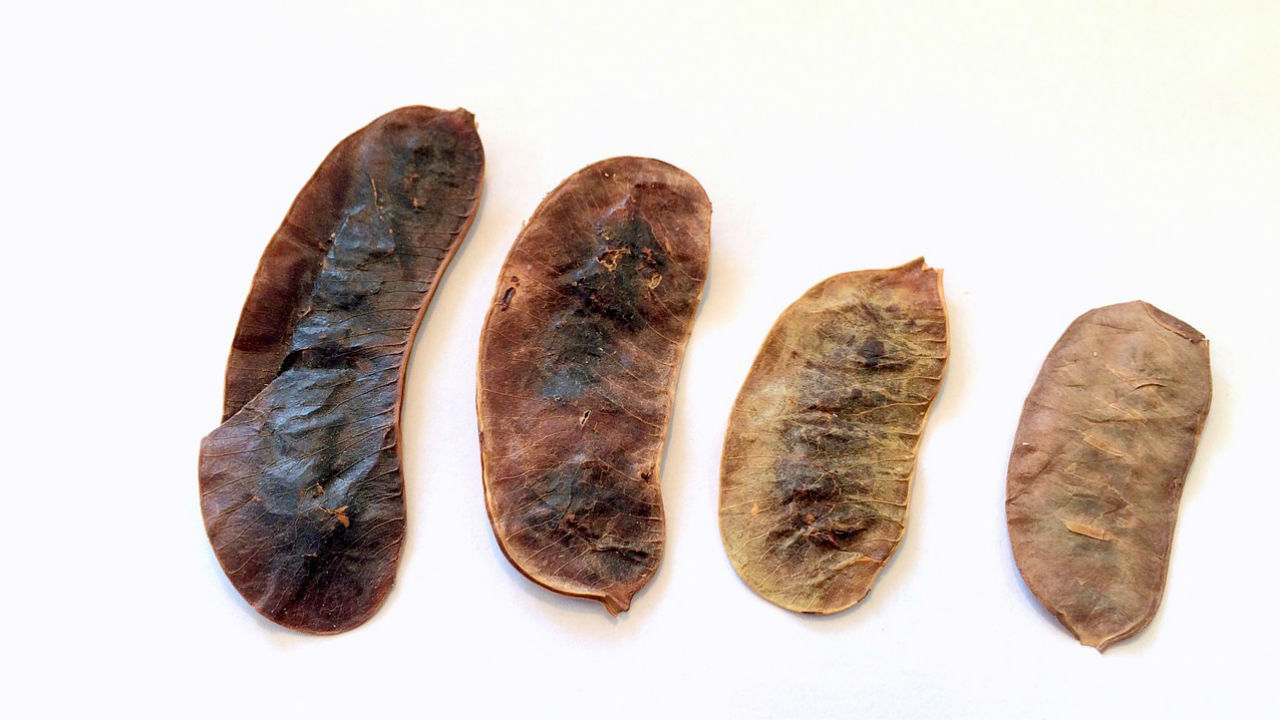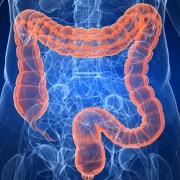Treatment
Treatment may include:
Understanding Normal Bowel Movements
Talk to your doctor about what is a normal frequency of bowel movements for you. The range of normal is quite broad. Some people have several stools a day; others have one stool every several days.
Making Lifestyle Changes
- Eat a healthful, balanced diet that is high in fiber (unprocessed bran, whole-wheat grains, fresh fruit, and cereals). Limit your intake of processed and fatty foods.
- Exercise regularly.
- Drink at least eight, 8-ounce glasses of water each day.
Taking Laxatives, Stool Softeners, or Glycerin Suppositories
Regularly using laxatives or enemas can be habit forming. Your bowels can become accustomed to these products and require them in order to produce a stool. Stool softeners, though, are not habit-forming. Ask your doctor about how often and for how long to use these products.
Examples of medications include:
- Polyethylene glycol 3350 (eg, MiraLax)—a type of laxative
- Psyllium (eg, Fiber Eze, Fiberalll, Metamucil)—a bulk laxative
- Docusate (eg, Colace, Surfak)—a stool softener
- Lactulose (eg, Cephulac, Enulose, Generlac, Kristalose)—a type of laxative
- Lubiprostone (eg, Amitra)—a medication that increases fluid in stool
- Tegaserod (eg, Miralax)—a medication that brings fluids to the colon
- Cochicine—medication used to treat gout; sometimes used for constipation
- Botulism injections—may be used to treat certain types of constipation
Future Treatments
- Prucalopride (eg, Reslolor)—not currently approved but showing promise in clinical trials
- Cisapride—only available as an investigational drug
Bowel Retraining
Set aside the same time each day to move your bowels. Typically this works best after breakfast and coffee. Sit on the toilet for 15-20 minutes. Over time your body will learn to have regular bowel movements at the same time each day.
Biofeedback
Biofeedback works by attaching sensors to the body. A therapist helps you understand your body’s signals and then you use them to help you move your bowels.
Treating Underlying Medical Conditions
Work with your doctor to treat other conditions that may be causing your constipation.
Changing Medications
If you're taking medication that causes constipation, ask your doctor for an alternative.
If you are taking opioids to relieve pain, you may have constipation. A study found that the medication methylnaltrexone (Relistor) can rapidly relieve this side effect. *
If you are diagnosed with constipation, follow your doctor's instructions .
Please be aware that this information is provided to supplement the care provided by your physician. It is neither intended nor implied to be a substitute for professional medical advice. CALL YOUR HEALTHCARE PROVIDER IMMEDIATELY IF YOU THINK YOU MAY HAVE A MEDICAL EMERGENCY. Always seek the advice of your physician or other qualified health provider prior to starting any new treatment or with any questions you may have regarding a medical condition. Copyright © 2024 EBSCO Publishing All rights reserved.
 Toddler Constipation and Natural Remedies
Toddler Constipation and Natural Remedies









